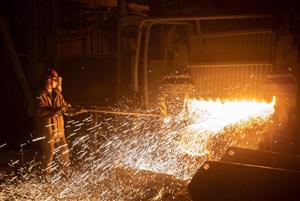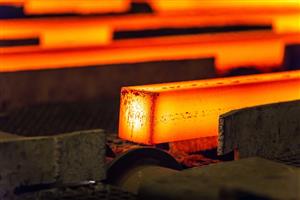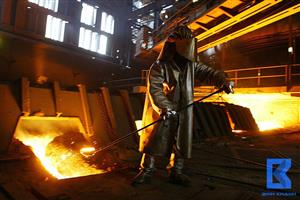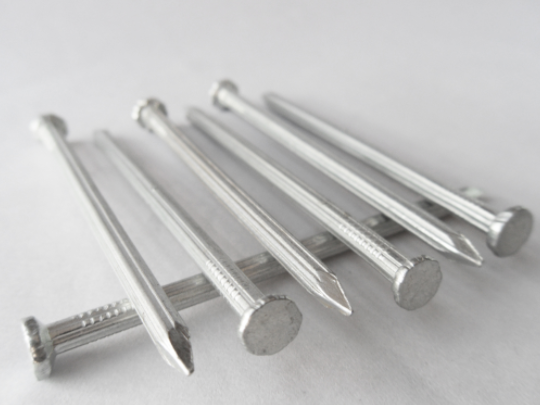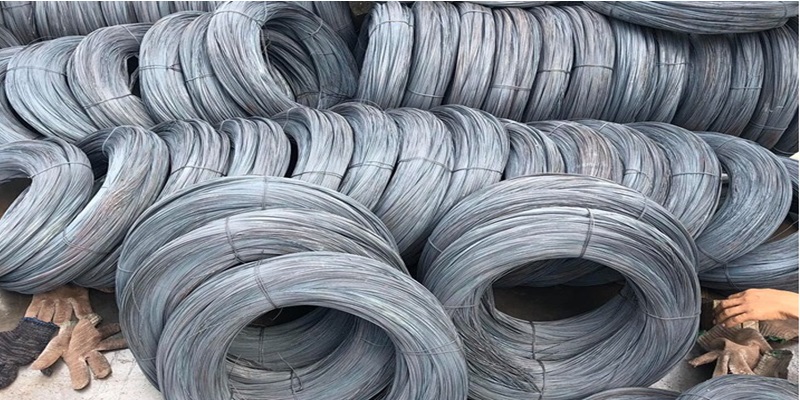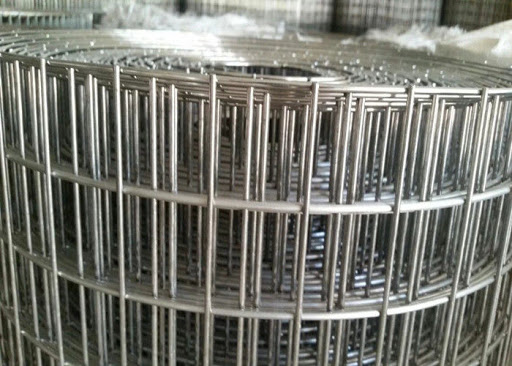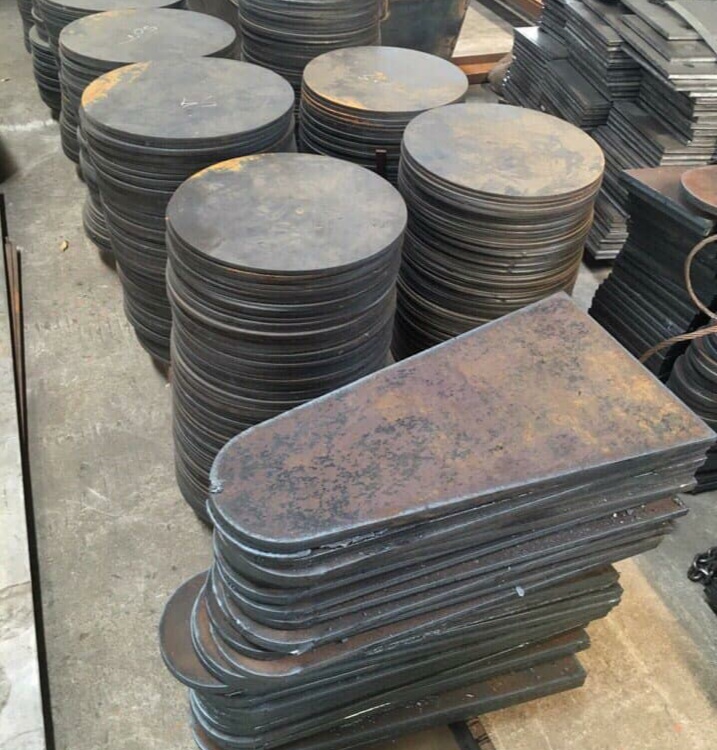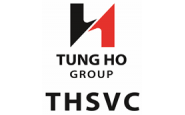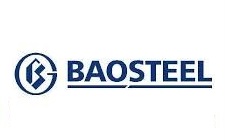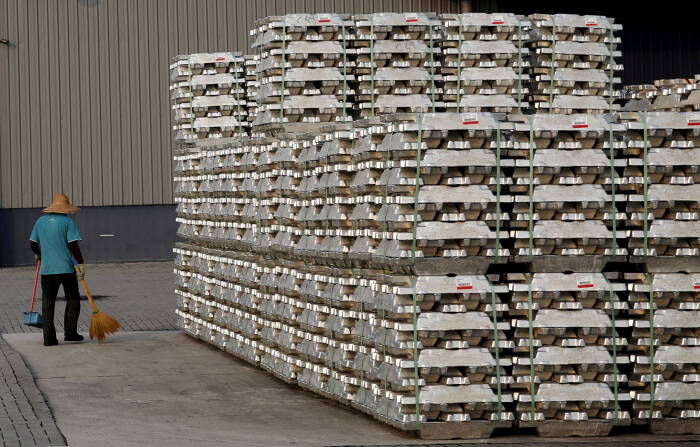
Aluminum ingots are seen outside an LME warehouse in Kuala Lumpur. (Photo: Reuters).
Earlier this week, aluminum stocks at London Metal Exchange (LME) warehouses spiked, raising concerns that this was aluminum being dumped by Russian producers, CNBC reported.
Elsewhere, demand in China, a major metal consuming market, has slowed significantly as infrastructure investment and real estate development have slowed.
On the other hand, President Joe Biden's White House is weighing a ban on aluminum imports from Russian producer Rusal.
Timna Tanners, metals analyst at Wolfe Research, said: "It is disappointing that the aluminum market has suffered double damage from weak global demand, especially in China. and Russian dumping”.
"This third quarter is clearly reflecting the challenges of the market," the expert emphasized in an interview with CNBC.
The outlook is bleak
According to Ms. Tanners, the market outlook for the fourth quarter of this year is not brighter - unless regulators take practical action to stimulate Chinese demand, both in terms of infrastructure development and real estate construction, and prevent Russia from dumping aluminum.
So far, there is little sign that China's aluminum demand can improve rapidly. At the opening session of the party congress last weekend, President Xi Jinping signaled that the country of billions of people would continue to maintain the Zero COVID policy.
The outlook is further bleak as demand in other markets falters due to higher interest rates, Tanners added.
Aluminum producers such as Alcoa in the US and many facilities in Europe are also facing operating costs, mainly due to rising electricity prices, Wolfe Research analysts said.
“Electricity accounts for about 30 percent of the total cost of an aluminum smelter, so the jump in electricity prices has strangled the operations of some plants in Europe,” she said.
CFRA Research analyst Matthew Miller was also surprised by Alcoa's loss in the third quarter of this year. The American aluminum company said it lost money due to low aluminum prices and high energy and key raw materials costs.
Similar to Ms. Tanners, Mr. Miller predicts "the outlook for the aluminum market in the fourth quarter is likely to get worse, before things get better again."
Bad signal
Vivek Dhar, commodities analyst at consulting firm CBA, said the LME did not disclose where the aluminum was sourced from as its inventories increased. However, the rise in global inventories is a bad sign that aluminum prices have been affected by recession fears.
Dhar wrote in a note that adding Russian aluminum to LME warehouses could complicate matters.
“The LME can trade aluminum at a discount to the market base price if this exchange becomes a place for Russia to dump the metal,” the expert said. He further noted that Russia currently accounts for about 17% of the world's aluminum production.
And if the US moves to impose sanctions on Rusal, the global aluminum supply chain could suffer some impact, said ING commodity strategist Ewa Manthey.
Ms. Manthey said the situation happened in 2018, when the US Treasury Department imposed sanctions on Russian billionaire Oleg Deripaska and the companies he owned, including Rusal.
Besides being a primary aluminum producer, Rusal is also involved in the global supply chain to produce finished aluminum, bauxite and alumina (aluminum oxide).
“The 2018 sanctions against Rusal affected mining in Guinea and Jamaica, while smelters in Europe struggled to source raw materials,” she said.
Vietnambiz
 English
English  Vietnamese
Vietnamese
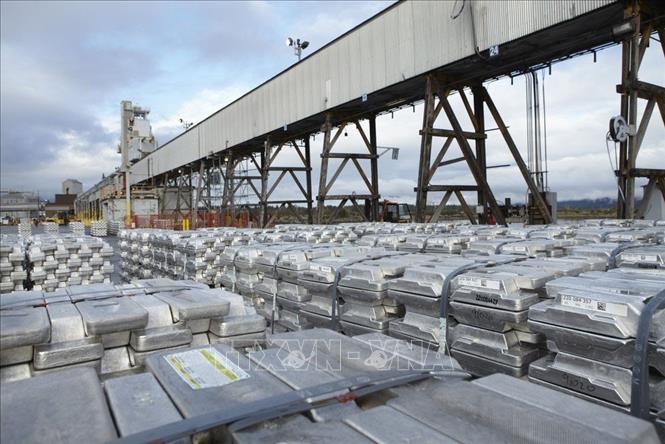


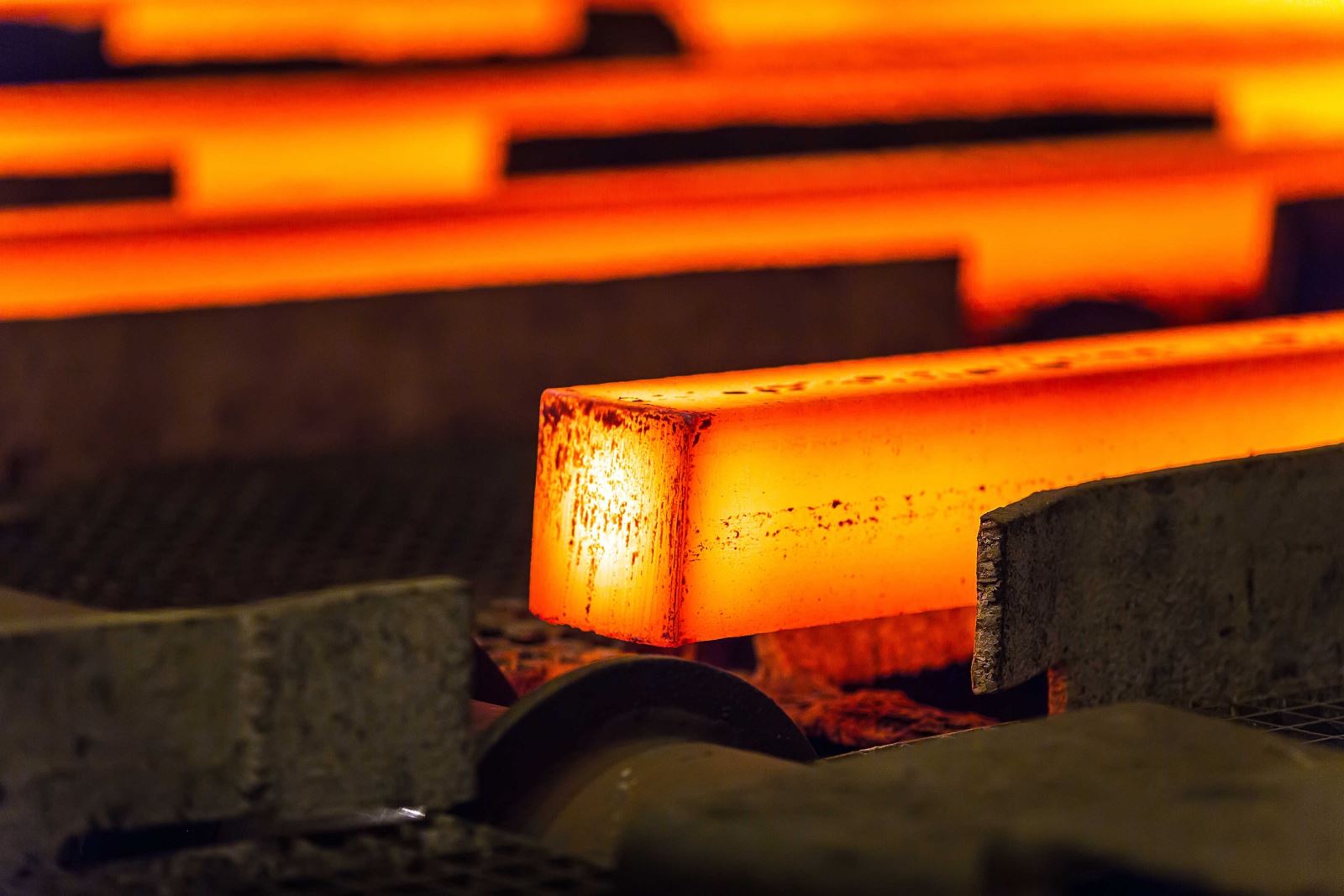
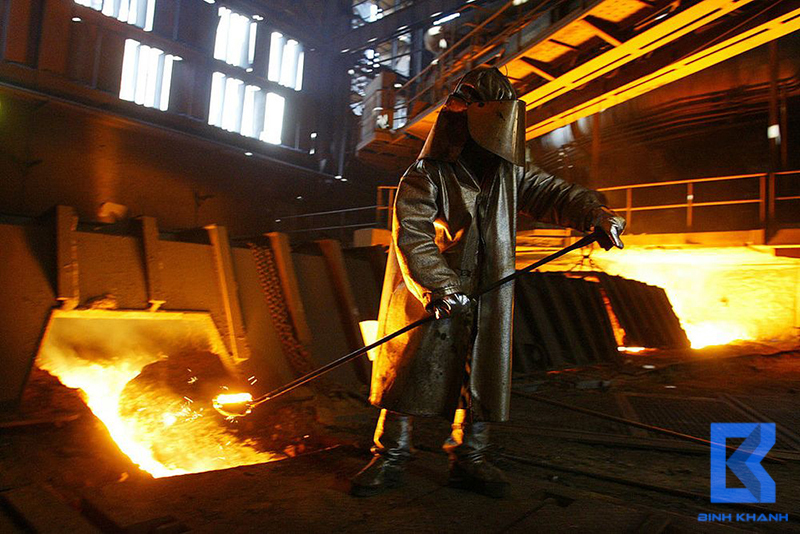

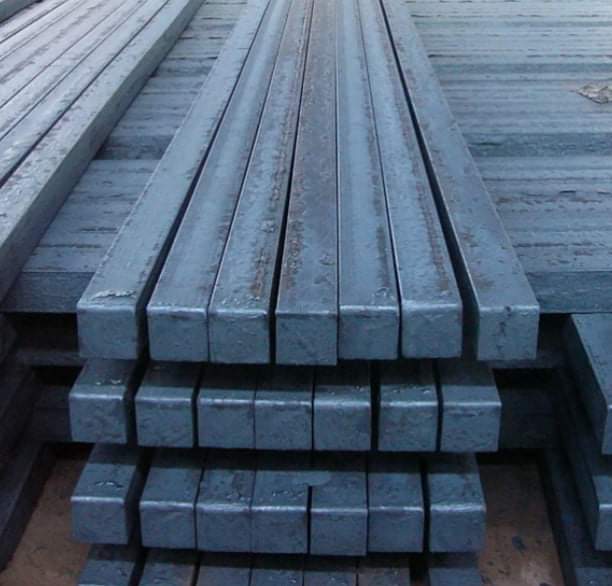

w300.jpg)
